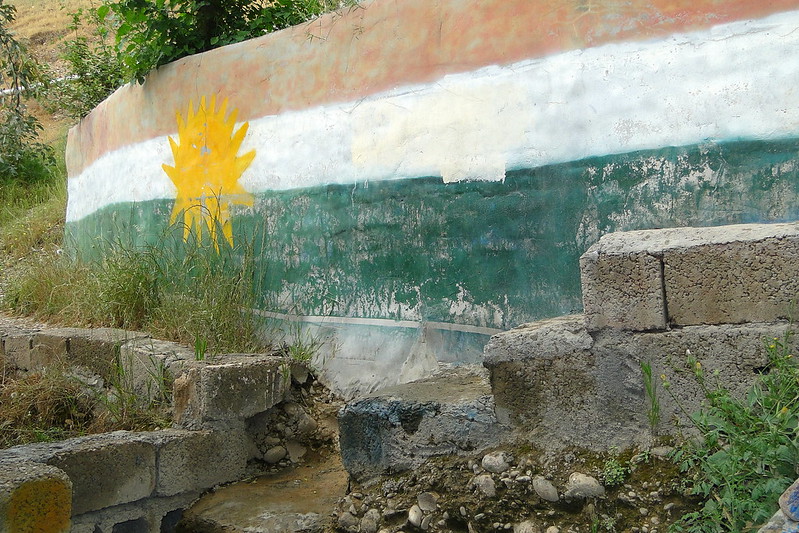
Autonomous Kurdistan is a federal administrative unit of Iraq in the northern part of the country and is controlled by the Kurdistan Regional Government. It hosts foreign investors from many countries and entities, including the United States, the United Kingdom, the European Union, Australia and Turkey.
The region is also an attraction point for the People’s Republic of China and Chinese state-owned and -controlled companies. Chinese companies that operate in the oil and petroleum, infrastructure, construction, engineering, telecommunications and cement-production industries have been investing heavily in the region, undertaking multimillion-dollar projects and signing lucrative contracts with the government in Erbil (the de facto capital) and local Kurdish enterprises since the KRG’s re-establishment in 2005.
Chinese investment and economic cooperation are strengthening political relations between Beijing and Erbil, but it’s not yet possible to speak of a diplomatic alliance between them.
One of the basic elements of the PRC’s foreign policy is opposing acts of separatism or secession all over the world and supporting countries’ integrity. For that reason, Beijing gave no support to Erbil’s push for Kurdish independence, even though they have stable political relations.
However, changing power balances in the region make it more likely that the PRC will change its traditional approach to separatist and secessionist movements in the case of Kurdistan and support the KRG in its struggle for independence.
Mordechai Chaziza lists the factors that might change Beijing’s Kurdistan policy. An independent Kurdish state
—particularly one that the PRC helped to create—could give Beijing a new and friendly ally in the Middle East and a great security advantage in protecting its regional interests against groups such as Islamic State and al-Qaeda. It would also help China to diversify its oil supplies, satisfy its need for oil for many decades, and be a political card that it could use against Turkey and other countries that support Muslim Uyghur Turks, who are being systematically persecuted by the Beijing government
.
Chinese support for Kurdish independence and strengthened Chinese–Kurdish relations are likely to create enormous risks and endanger regional stability.
Under its Belt and Road Initiative, the PRC government is breaking new diplomatic ground by using a debt-based foreign policy and bilateral agreements to realise its economic and political objectives in underdeveloped and developing countries.
When we take into account recent examples of unorthodox Chinese actions in East Africa and Southeast Asia, the future of Kurdish–Chinese relations becomes much more significant. In the past three years, as reported by
Andre Wheeler and
Hellenic Shipping News, the governments of Zambia and Sri Lanka have lost control of their major airports and marine ports to the PRC over debt repayments worth billions of dollars.
Those who would like to see the KRG waive its idea of independence for the sake of regional peace and stability might fear the same result in Kurdistan if China is able to help bring about that independence.
The US, the UK, the EU, Australia and Turkey—prominent international and regional actors that have practical experience and deep roots in the Middle East and North Africa, and that respect international legal regulations and diplomatic customs—should take a more proactive and courageous approach to Chinese expansion.
In this context, to shape the political and economic environment of the region according to international values and to limit Chinese expansion in the region, the American, British, European, Australian and Turkish governments should collectively promote commercial and economic relations with both Erbil and Baghdad and offer transparent and fair business contracts to both governments. To prevent Chinese debt diplomacy, they should help to build strong, fully functioning and democratic institutions in the KRG and advocate for democracy, the rule of law and transparency throughout the region.
For its part, the KRG needs to deeply cooperate with states that respect the rule of law and pursue its relationship with Beijing in a transparent way with extreme caution.
If international and regional actors take these steps, the northern part of Iraq and the rest of the country will be more secure, settled, ordered and prosperous.
 Print This Post
Print This Post